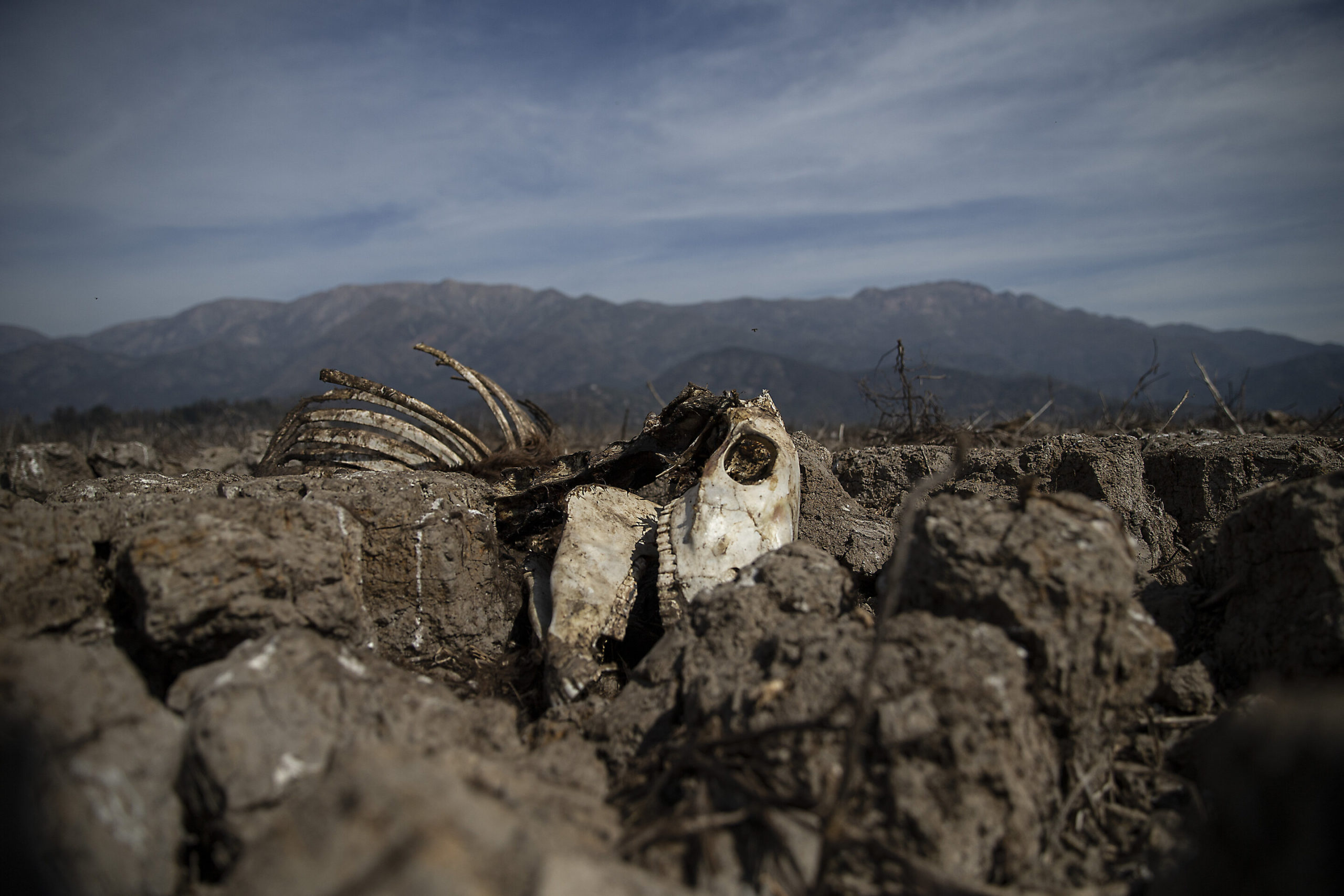RIO DE JANEIRO, BRAZIL – Officials in Chile say the capital city and its outskirts are suffering from the worst drought in many years. The government has declared an agricultural emergency in many areas to try to fast-track a series of relief measures for farmers, including provision of drinking water and medicine for animals.
The Santiago Metropolitan region, Coquimbo, Valparaíso and O’Higgins are among the worst-hit areas.
According to information published by the General Directorate of Water of the Ministry of Public Works of Chile, as of November 2020, 16 water shortage decrees are in force in 79 communes, concentrated in the Valparaíso and Metropolitan Santiago regions.

In this scenario, it becomes fundamental to invest in solutions that will allow for efficient water usage. Alejandro Friedli, manager of Large Companies, Products, and Agriculture for Banco de Chile, said that water is one of the most sensitive points of the agricultural business and for this reason, the institution has been concerned with creating specialized financing instruments for agriculture.
He stated: “We have supported storage infrastructure (for example, reservoirs and dams) as well as efficiency improvements for these (with coatings), investments in loss prevention for water conduction, the expansion of technical irrigation surfaces, and the installation of sensors and equipment the improve the efficiency of water use, among other [measures].”
In this regard, Friedli explained that the role of the Banco de Chile is to be a link in the agricultural sector’s productive change, which it sees as “a fundamental pillar of the economy and the country’s development”.
From this perspective, he affirmed that the bank trusts the national agri-food industry and its capacity for growth
To this, he added: “We have a human team that is familiar with all the particulars of the business and we maintain active participation in union activities within the sector so that we can stay up to date with the current and future needs of our clients.
The executive said that historically the Banco de Chile has had a close relationship with agriculture. In fact, the bank came into being after the merger of three financial institutions, one of which was the Banco Agrícola.
“Even though we have always been present in the sector, big changes in the industry have motivated us to rise to the occasion and gain the ability to better advise our clients. In 2017 we reinforced the agricultural area with the aim of providing a closer and more specialized service,” Friedli said.
He commented that the bank also maintains a close relationship with the union and productive sector, to keep up to date with reality as well as present and future needs.

